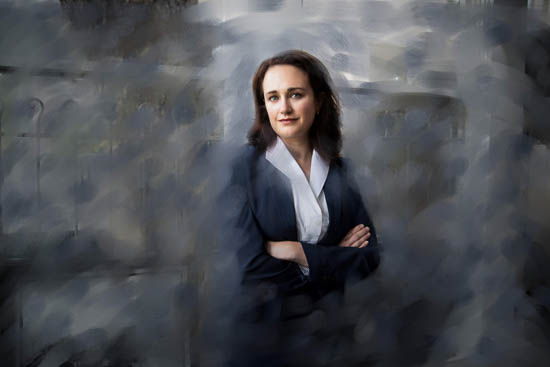Photography 101: What Every Beginner Should Know

Photography 101: What Every Beginner Should Know
Photography is not just pointing and shooting.
Getting Familiar With Your Camera
The journey begins with your camera.
Whether you shoot with a smartphone, the rules of exposure remain the same.
Spend time experimenting with different settings. Comfort with the device frees you to be creative.
Light Is Everything
Good lighting separates average photos from great ones.
Golden hour glow flattens harsh shadows.
Studio strobes replicate daylight.
Shadow placement make or break an image.
How to Frame Photos
Composition decides how viewers experience a photo.
Negative space guide the eye.
Experiment with breaking rules. Fresh viewpoints give personality.
Practice and Patience
Photography takes time and practice.
Experiment in different lighting. Consistency grows skill.
Blurry shots teach faster than success.
Why Editing Matters
Post-processing completes the creative process.
Even free editors crop composition.
Editing should look natural.
Sharing Work
Photography is meant to be shared.
Photo forums offer critique.
Submitting to contests keeps motivation high.
Building Identity
It grows through experimentation.
Experiment with minimalism or detail. Each shows preferences.
Your style isn’t fixed forever, and that reflects growth.
Pitfalls and How to Overcome Them
Forgetting background distractions can be fixed easily.
Buying too much gear instead of learning skills creates frustration.
Mindfulness keeps growth steady.
Helpful Advice
- Always check your battery before leaving home.
- Shoot in RAW format if possible.
- Dust shows in photos.
- Manual helps in tricky light.
- Study what inspires you.
Common Questions
Q: Do I website need an expensive camera?
A: No, skill matters more than gear.
Q: How long until I improve?
A: Improvement depends on practice.
Q: Is editing cheating?
A: All professionals edit to some degree.
Q: Should I always follow rules?
A: Balance structure with experimentation.
Final Thoughts
Every photo is a step forward.
Stay curious. With dedication and persistence, your photos will improve.
Whether casual or serious, every click is a lesson..
Understanding Photographers
A photographer is not simply someone clicking a button.
Hobbyists practice skills that combine art and more info science.
Photographers cover diverse genres, such as portraits. Each uses varied equipment.
True professionals develop patience.
Tools of the Trade
Gear is not everything, but it matters.
Cameras
Compact point-and-shoots click here all have strengths and weaknesses.
Smartphones put photography in everyone’s hands.
Lenses
Lenses control perspective and depth.
- Prime lenses give sharpness and low-light ability.
Understanding lens purpose improves results dramatically.
Tripods and Stability
They help landscape and night photographers.
Lighting Equipment
Speedlights add portable control.
Extra Items in a Camera Bag
- Memory cards are essentials that prevent problems.
- Backpacks help photographers stay mobile and organized.
- Intervalometers expand creative options.
Do Photographers Need Expensive Gear?
In reality, skill makes the bigger difference.
Still, gear upgrades can unlock possibilities when skills improve.
Steps Toward Mastery
Experimenting with different gear teaches flexibility.
Taking workshops keep learning fresh.
The Next Step for Gear and Artists
New cameras bring higher quality, yet creativity will always matter.
Mirrorless dominance offer new creative options.
Still, the essence remains: capturing light, telling stories, and expressing ideas.
Wrapping Up This Section
Knowledge, practice, and patience make the real difference.
Gear will evolve, but curiosity and creativity will always define the art.